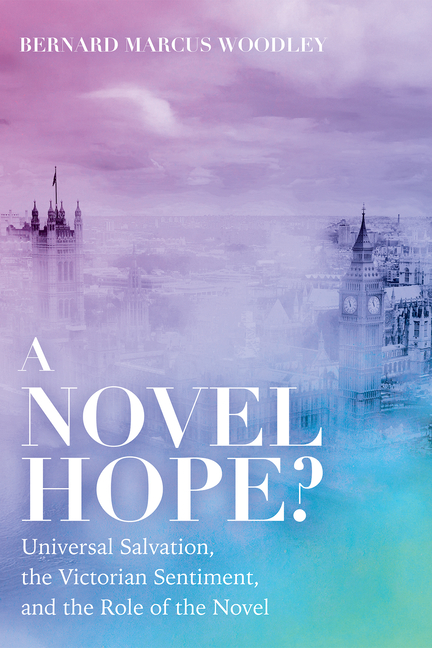Description
Christians today are often struggling with many of the same theological problems that Victorians were, especially regarding hell and the God of love. One answer to these questions found in nineteenth-century Britain was the seemingly surprising reappearance of the early Christian eschatological theory of universalism, the belief that all of humanity will be saved. Even though this re-emergence has already been acknowledged by scholars of Victorianism, its extent has been widely underestimated. This book then aims to describe why universalism became an increasingly viable option in a time of growing religious doubt, and especially how it established itself in and with the help of the century's fiction, not only in the more overtly universalist novels of Gaskell and Anne Bronte, but also across works ranging from Dickens, Gissing, Linton, and Oliphant, all the way to Ward and Wells.
Last updated on
Product Details
- Jun 13, 2025 Pub Date:
- 9798385227099 ISBN-10:
- 9798385227099 ISBN-13:
- English Language




